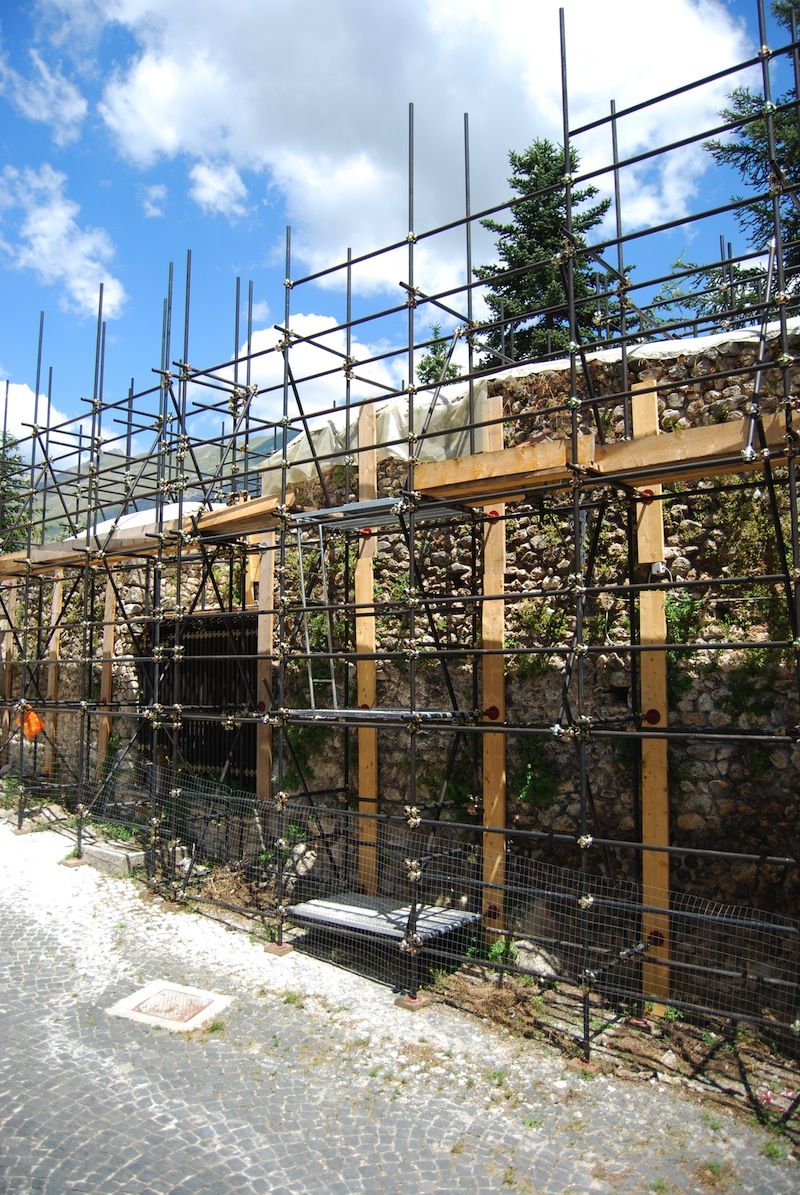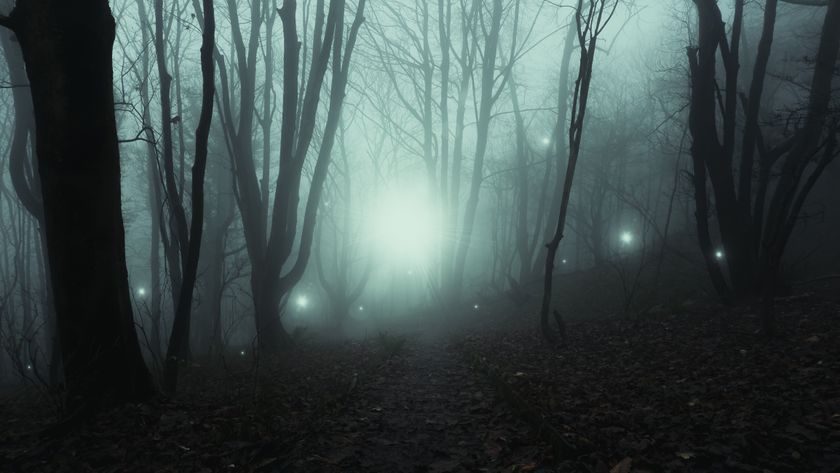Earthquake Case: Convicted Italian Geologist Denounces Charges

A rare manslaughter case involving earthquake prediction continues to play out in Italy.
After the April 6, 2009, L'Aquila earthquake, which killed 309 people, six of the country's top geoscientists and one government official were convicted of manslaughter and sentenced to six years in prison for statements they allegedly made just days before the magnitude-6.3 quake.
The yearlong trial centered on a March 31, 2009, meeting in the town of L'Aquila, held after a series of tremors shook the city. At the meeting, members of the country's National Commission for Forecasting and Preventing Great Risks discussed the possibility of a large earthquake, but did not issue a safety warning. During the trial, the prosecution successfully argued that the scientists downplayed the future risk of a large earthquake during the meeting. After the L'Aquila meeting, two commission members and local government officials spoke to the media and calmed the public's fears of a future earthquake. The lowered risk perception meant people who normally would have fled their homes before the April 6 temblor struck stayed put, and were killed when buildings collapsed, a judge ruled. Italians have a custom of sleeping outside after tremors
But in a letter published today (Sept. 26) in the journal Science, one of the defendants, Enzo Boschi, calls the ruling "illogical." Boschi is the former president of Italy's National Institute of Geophysics and Volcanology (INGV) and an expert on the country's earthquake hazards.
"At that meeting, I (and others) stated that Abruzzo, and particularly L'Aquila, is one of the worst earthquake zones in Italy. I then explained that earthquakes are not predictable for good scientific reasons and discussed some of the seismic mechanics involved," Boschi wrote in Science. Abruzzo is the region in central Italy where L'Aquila is located.
Case against conviction
The latest in a series of open letters since his conviction in October 2012, Boschi's quarrel centers on two points: how earthquake warnings in Italy were communicated to the public and the impossibility of predicting earthquakes.
Sign up for the Live Science daily newsletter now
Get the world’s most fascinating discoveries delivered straight to your inbox.
Boschi argues that he isn't responsible for the public's false sense of security because INGV scientists were never allowed to talk to the media. After the meeting, two of the risk commission members (one a university professor of volcanology) gave reassuring statements to the media, but not Boschi. The convicted government official, Bernardo De Bernardinis, then vice director of the Department of Civil Protection, said (likely incorrectly) that the tremors might have relieved stress on the fault that caused the earthquake. [L'Aquila Earthquake Gallery: A Day of Destruction]
"As a former president of the INGV, I never spoke to the media about the seismic situation at L'Aquila, and no relative of the victims suggested otherwise," Boschi wrote in Science. Later, he adds, "I did not disseminate false or imprudent information. My question is: What could I do to avoid conviction? I suppose I should have foreseen the earthquake!"
Boschi and his colleagues have received widespread support from scientists around the world, who believe the convictions could have a chilling effect on researchers who communicate earthquake risk.
"I agree with Boschi," said Thomas Jordan, director of the Southern California Earthquake Center at the University of Southern California and the author of a report on the L'Aquila quake commissioned by the Italian government.
"He makes a powerful defense against the unjustified conviction of scientists in the L'Aquila case: The problems in communicating seismic risks before the L'Aquila earthquake were the failure of a poorly constructed and badly misused risk-advisory system run by the Department of Civil Protection, not the fault of actions or statements by the scientists themselves," Jordan told LiveScience.
The fate of the seven defendants remains undecided: All filed appeals of the verdict in March, asking for all charged to be dropped.
Email Becky Oskin or follow her @beckyoskin. Follow us @livescience, Facebook & Google+. Original article on Live Science.












